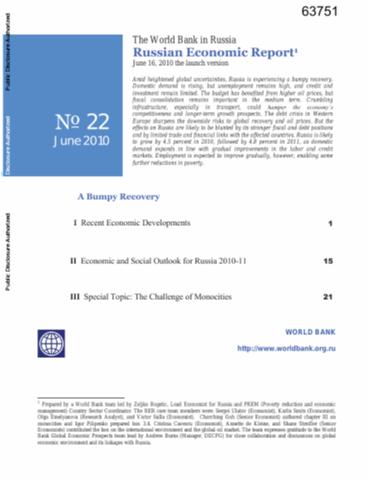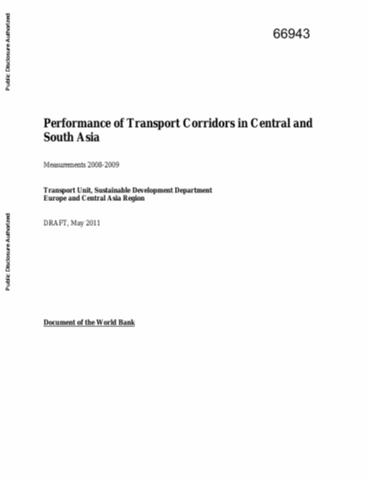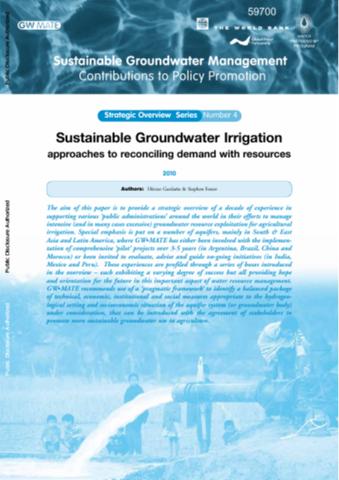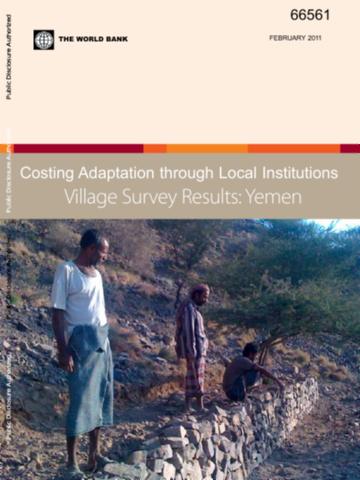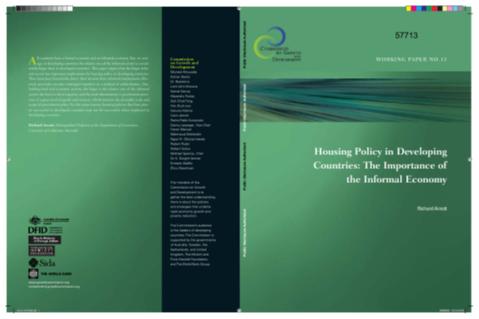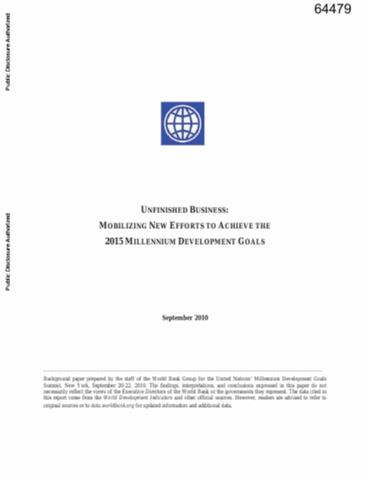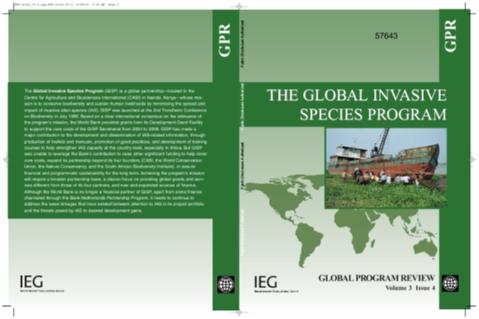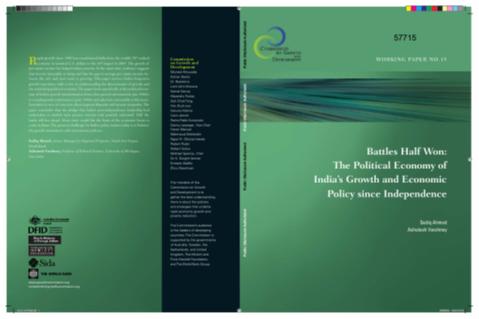
Topics and Regions
Details
Location
Contributions
Displaying 111 - 120 of 630Russian Economic Report, No. 22, June 2010
Amid heightened global uncertainties, Russia is experiencing a bumpy recovery. Domestic demand is rising, but unemployment remains high, and credit and investment remain limited. The budget has benefited from higher oil prices, but fiscal consolidation remains important in the medium term. Crumbling infrastructure, especially in transport, could hamper the economy's competitiveness and longer-term growth prospects. The debt crisis in Western Europe sharpens the downside risks to global recovery and oil prices.
Performance of Transport Corridors in Central and South Asia
This study is part of the ongoing dialogue on reforming trade logistics, and facilitating trade and transportation in Central and South Asian countries. It presents key findings from several rounds of first-hand observations and interviews conducted with multiple stakeholders to measure the performance of key road transport corridors across the region, including Kazakhstan, Kyrgyz Republic, Tajikistan, and to some extent, Pakistan and Afghanistan.
Sustainable Groundwater Irrigation
The aim of this paper is to provide a strategic overview of a decade of experience in supporting public administrations in their efforts to confront excessive groundwater resource exploitation for agricultural irrigation. Special emphasis is put on a series of on-the-ground pilot projects mainly in South and East Asia and Latin America, which are profiled through a series of boxes introduced in the paper.
Costing Adaptations through Local Institutions
The objectives of the Costing Adaptation through Local Institutions (CALI) study were (a) to identify the costs of adaptation through local institutions, and (b) to investigate which institutions help households adapt to climate variability, which efforts and costs are needed to realize the adaptation options, and how they facilitate adaptation to climate variability. The study was carried out in Ethiopia, Mali, and Yemen. This report discusses the results for Yemen.
Madagascar
A well-functioning land administration and management system is crucial for Madagascar's economic and social future. Land is implicated in Madagascar's ongoing economic development and social transformation in many important ways, as key a factor in its quest for economic growth, urbanization, transparent decision-making on land-related foreign investments, environment protection, vibrant and sustainable rural communities, political stability, and social cohesion.
Economic Growth in Egypt
The paper focuses its analysis on the last three decades of the twentieth century. The basic assumption is that Egypt's economic performance during this period was less than satisfactory compared with the most successful examples in the far East and elsewhere. The paper also assumes that Egypt's initial conditions at midcentury compared favorably with the winners in the development race at the end of the century. Egypt has achieved positive progress, no doubt, yet compared with the higher performers in Asia, and given its favorable good initial conditions, the record seems quite mediocre.
Housing Policy in Developing Countries
All countries have a formal economy and an informal economy. But, on average, in developing countries the relative size of the informal sector is considerably larger than in developed countries. This paper argues that this has important implications for housing policy in developing countries. That most poor households derive their income from informal employment effectively precludes income-contingent transfers as a method of redistribution.
Unfinished Business
Backed by sound economic policies and until the global crisis, a buoyant global economy, many developing countries made significant movement toward achieving the 2015millennium Development Goals (MDGs), particularly those for poverty reduction, gender parity in education, and reliable access to safe water. But even before the global economic crisis, progress in achieving some MDGs, especially those on child and maternal mortality, primary school completion, hunger, and sanitation, was lagging. The global food, fuel and economic crises have set back progress to the MDGs.
The Global Invasive Species Program
The Global Invasive Species Program (GISP) is an independent, not-for-profit association whose mission is to conserve biodiversity and sustain human livelihoods by minimizing the spread and impact of invasive alien species (IAS) and which is presently located in the Centre for Agriculture and Biosciences International (CABI) in Nairobi, Kenya. Its current membership is limited to the four founding members of GISP.
Battles Half Won
Rapid growth since 1980 has transformed India from the world's 50th ranked economy in nominal U.S. dollars to the 10th largest in 2005. The growth of per capita income has helped reduce poverty. At the same time, evidence suggests that income inequality is rising and that the gap in average per capita income between the rich and poor states is growing. This paper reviews India's long term growth experience with a view to understanding the determinants of growth and the underlying political economy.

